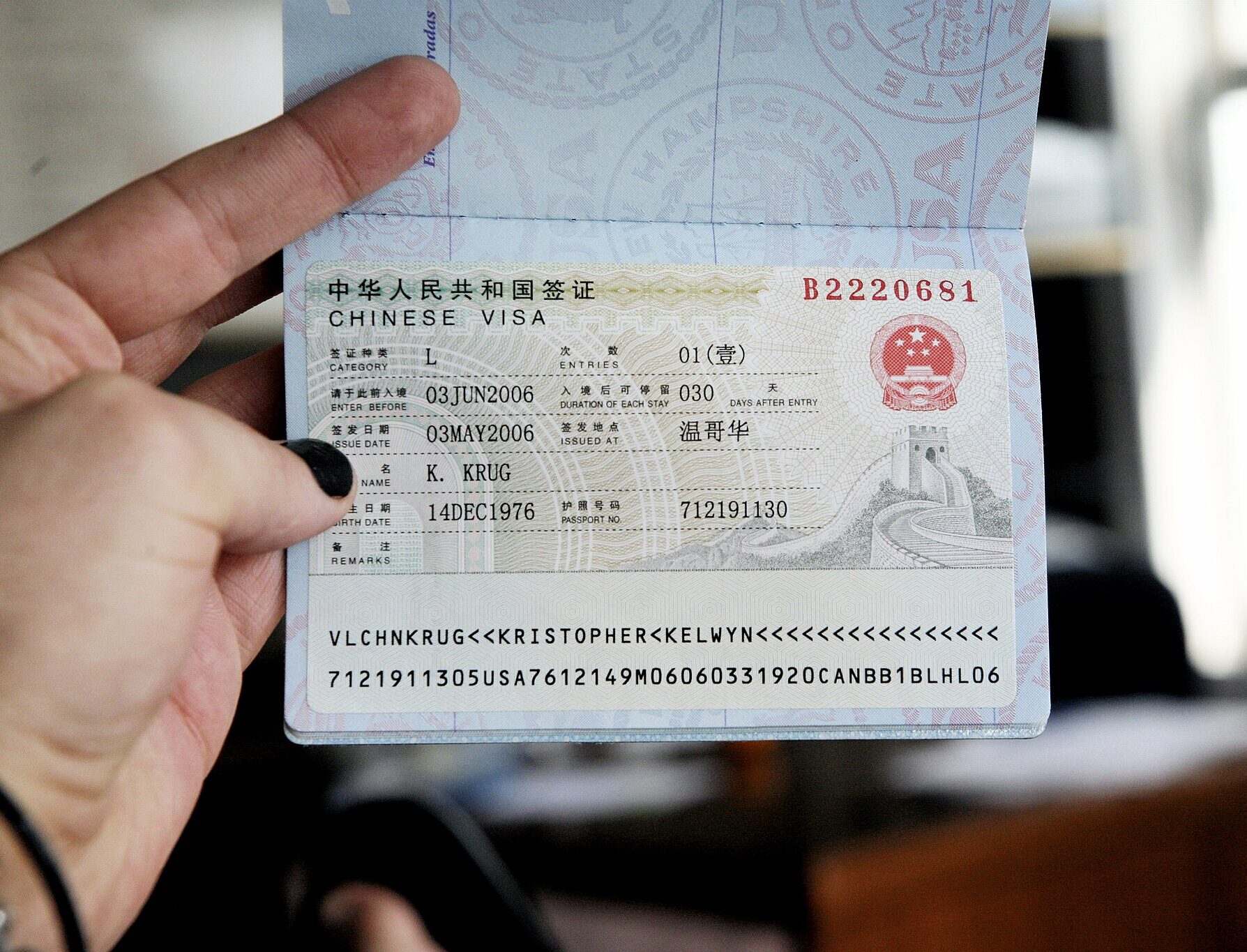Skift Take
While international travel has gotten easier in some regards coming out of the pandemic, far too many travelers are still dealing with lengthy visa processing delays that have hurt the industry's recovery.
The percentage of people required to have a traditional visa for international travel is decreasing, according to a recently published report by UN Tourism.
The agency’s latest Tourism Visa Openness Report revealed that 47% of people in 2023 needed a traditional visa — a standard paper visa placed in a passport after submitting paperwork and/or conducting an in-person interview. That was down from 59% in 2018 and 77% five years prior.
The Middle East and Africa in particular have registered noticeable drops. In 2015, roughly 71% of the world’s population needed a visa prior to visiting the Middle East. That figure dropped to 57% in 2023.
For Africa, it dropped from 45% to 33%.
Several U.S. travel executives have argued visa processing delays have hurt the country’s recovery from the pandemic: 84% of the world’s population needs a traditional visa to enter North America.
UN Tourism said that traditional visas, which often entail application fees as well as lengthy processing times, still remain the most common form of entry regulation.
The percentage of travelers able to obtain an e-visa has increased significantly throughout the years: 18% of the world’s population can apply for e-visas, up from 3% in 2013 and 7% in 2018. E-visas have become more common for entering destinations in both West and East Africa. Roughly 36% of the world’s population use e-visas for these regions.
The report cited North Africa, Central America, Northern and Western Europe as regions where e-visa programs don’t exist.
The Daily Newsletter
Our daily coverage of the global travel industry. Written by editors and analysts from across Skift’s brands.
Have a confidential tip for Skift? Get in touch
Tags: united nations, visas
Photo credit: The number of travelers needing visa stamps like the one issued by the Chinese government is decreasing. kris krüg / Wikimedia Commons
